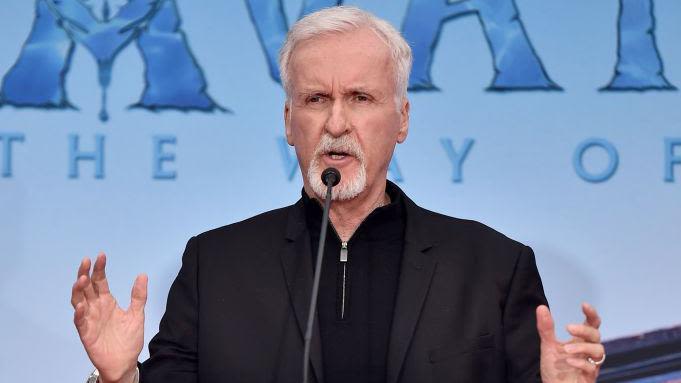Search results
News about Criminal Minds: Evolution, season 2, streaming release date
News about Frontier Developments, Evolution Pilates, Evolution Petroleum
News about Nicola Coughlan, style evolution, Penelope Featherington
Also in the news
Apr 23, 2024 · evolution, theory in biology postulating that the various types of plants, animals, and other living things on Earth have their origin in other preexisting types and that the distinguishable differences are due to modifications in successive generations. The theory of evolution is one of the fundamental keystones of modern biological theory.
- Francisco Jose Ayala
Evolution is the change in the heritable characteristics of biological populations over successive generations. It occurs when evolutionary processes such as natural selection and genetic drift act on genetic variation, resulting in certain characteristics becoming more or less common within a population over successive generations.
The definition. Biological evolution, simply put, is descent with inherited modification. This definition encompasses everything from small-scale evolution (for example, changes in the frequency of different gene versions in a population from one generation to the next) to large-scale evolution (for example, the descent of different species from a shared ancestor over many generations).
Apr 23, 2024 · human evolution, the process by which human beings developed on Earth from now-extinct primates. Viewed zoologically, we humans are Homo sapiens, a culture -bearing upright-walking species that lives on the ground and very likely first evolved in Africa about 315,000 years ago.
Apr 16, 2024 · Posted April 16, 2024. While you’ve probably heard of the Triassic, Jurassic, and Cretaceous periods by way of their most charismatic animals, the dinosaurs, other units of geologic time are less well known. The Siderian Period, for example, rarely makes headlines because it is, by definition, old news – 2.5-billion-year-old news.
Evolution is a process that results in changes in the genetic content of a population over time. There are two general classes of evolutionary change: microevolution and macroevolution.
The science of evolution The process of evolution Evolution as a genetic function The concept of natural selection. The central argument of Darwin’s theory of evolution starts with the existence of hereditary variation. Experience with animal and plant breeding had demonstrated to Darwin that variations can be developed that are “useful to ...






